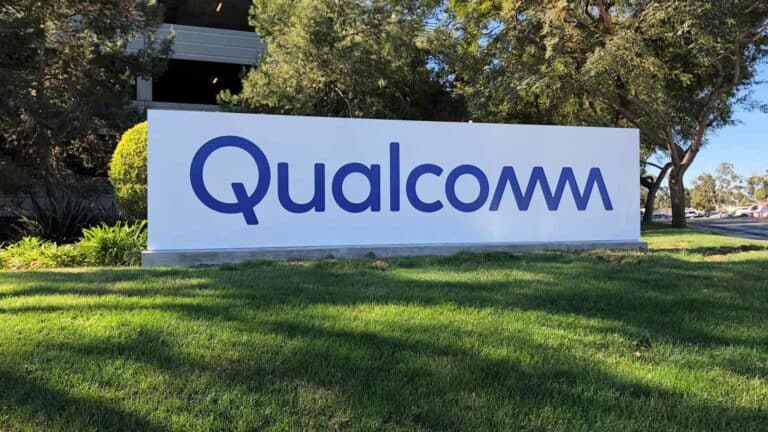Qualcomm has won a definitive victory in the lawsuit filed by Arm over licensing agreements. The US District Court in Delaware dismissed Arm’s last remaining claim, thereby confirming the jury’s verdict of December 2024. This brings the case to a close in favor of Qualcomm and its subsidiary Nuvia.
In the proceedings, Arm had argued that Nuvia, even before its acquisition by Qualcomm, had infringed on the architecture license agreement (ALA) with Arm. The British chip designer argued that Qualcomm was not allowed to use those licenses after the acquisition and that the company was not allowed to integrate the developed technology into its own products.
However, during the trial in December 2024, a jury concluded that Qualcomm had not breached the contract. The jury unanimously ruled that Qualcomm was legally entitled to use the technology from the Nuvia acquisition within its own architecture license. On that basis, Arm’s main claims were rejected at that time. The court’s ruling in September 2025 confirms this and closes the case definitively. A request by Arm to start a new trial was also rejected by the judge.
Power struggle between Arm and Qualcomm
The lawsuit symbolized a broader power struggle between the two companies. Qualcomm bought Nuvia in 2021 for $1.4 billion and took over the technology and design team to develop its own processor cores. Arm argued that Qualcomm was obliged to respect Nuvia’s higher royalty rates, rather than using its own, more favorable licensing rates. According to Arm, allowing lower rates would undermine their revenue model.
During the hearings, documents emerged showing that Nuvia had to pay significantly more than Qualcomm under its existing license. Arm feared that this gave Qualcomm an unfair advantage. At the same time, Qualcomm’s lawyers tried to make it clear that the dispute was more about Arm’s changing role. The lawyers pointed to internal Arm documents that discussed the possibility of designing chips itself, which would put the company in direct competition with customers such as Qualcomm. Arm’s CEO Rene Haas dismissed these documents as speculative and stated that the company is not actively involved in chip production, but is exploring strategic options.
Misleading communication
The conflict was further exacerbated by Arm sending letters to Qualcomm’s customers, including Samsung, warning that Nuvia technology might have to be destroyed. Qualcomm described this communication as misleading. There was concern within the industry that such steps could disrupt the supply of PC chips.
Despite the complex nature of the case, the jury concluded at the end of 2024 that Qualcomm had not violated any license terms and that the chips it developed using Nuvia technology were properly licensed. The September 2025 ruling confirms this definitively and overturns Arm’s remaining objections.
Although this dispute has been settled in Qualcomm’s favor, the legal conflict between the two companies is not yet completely over. Qualcomm has filed a separate lawsuit against Arm. In that case, the company accuses its former partner of breach of contract, disrupting customer relationships, and favoring its own products at the expense of partners in the Arm ecosystem. That case is scheduled to be heard in March 2026.
